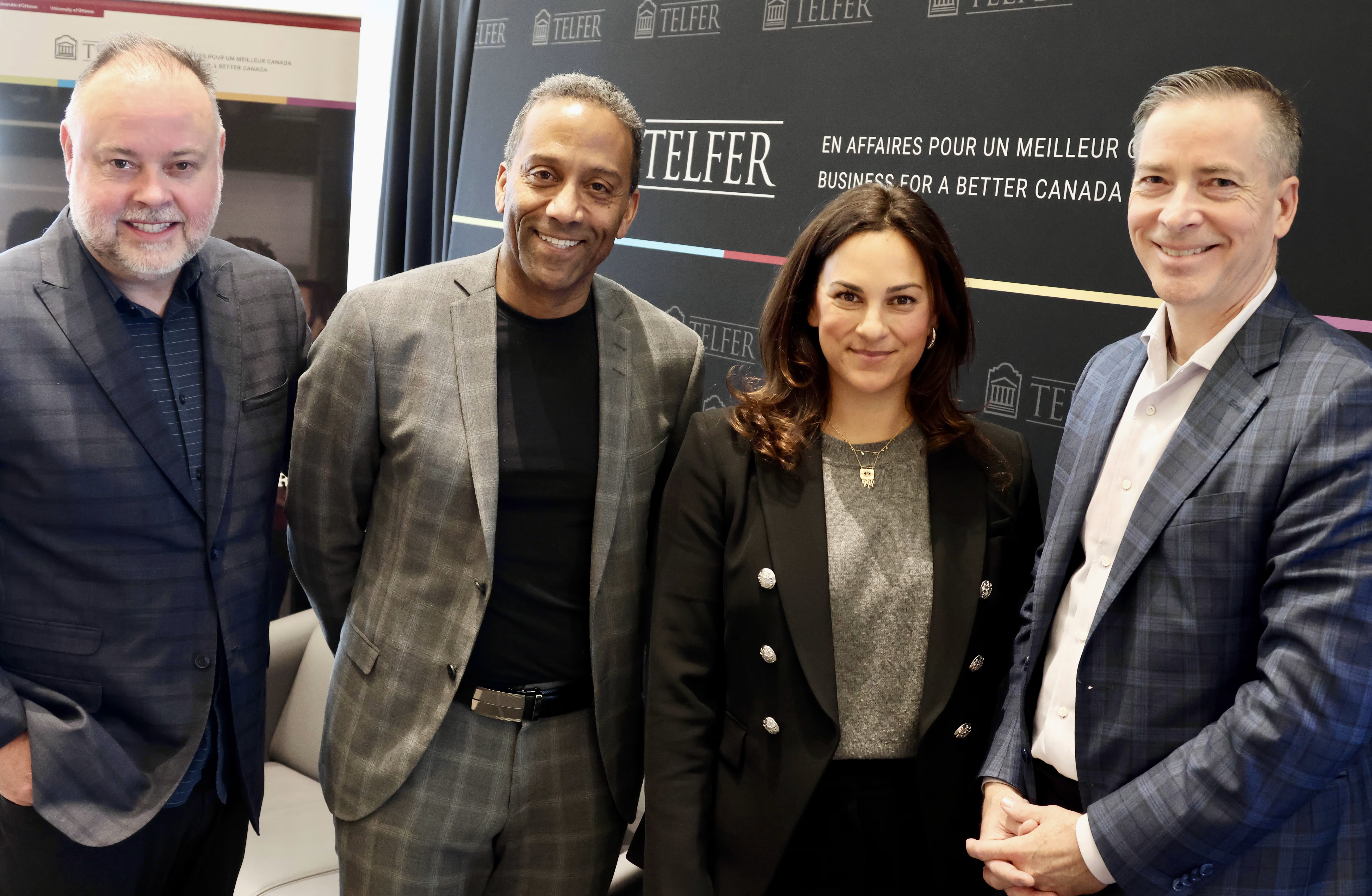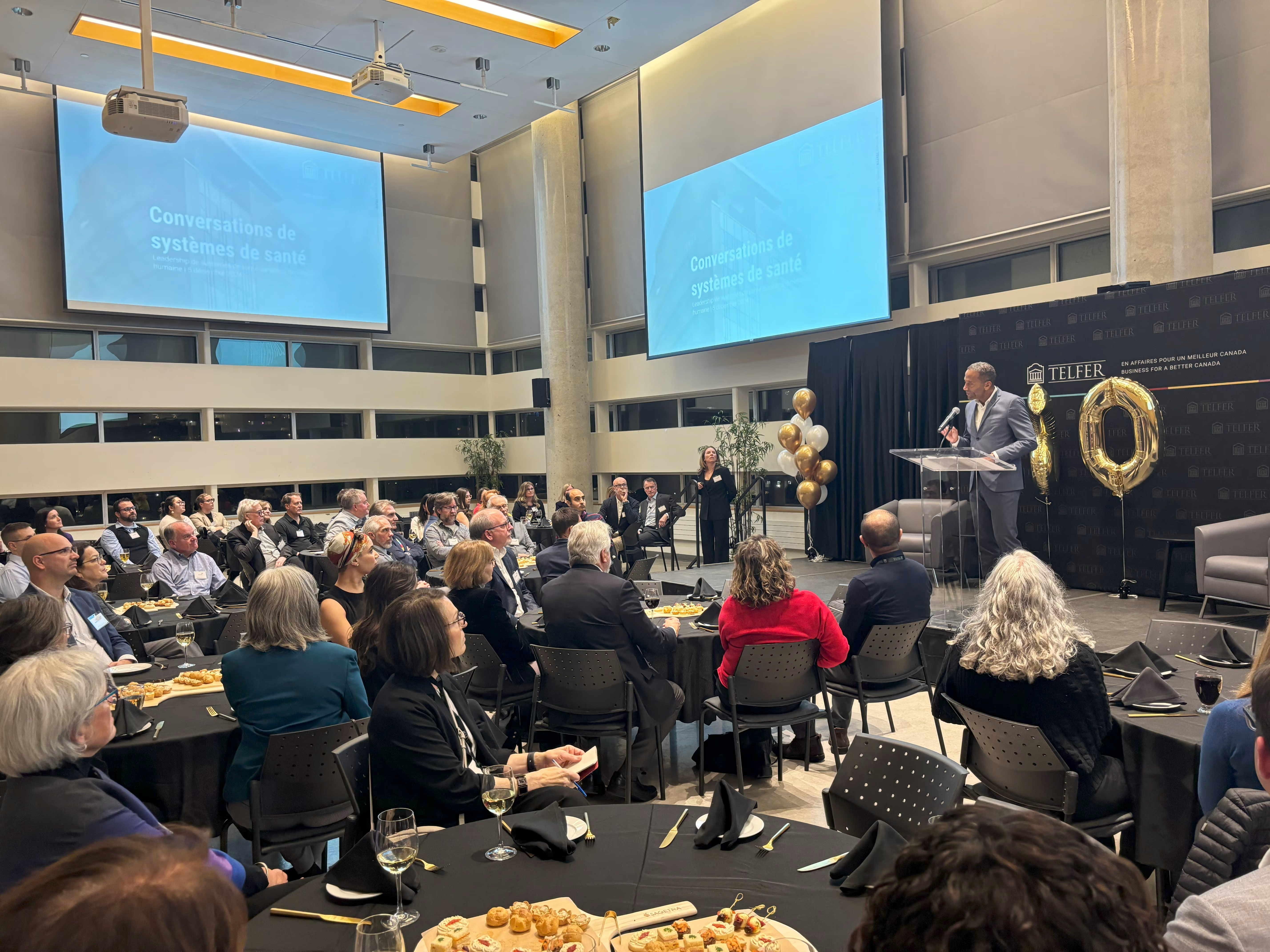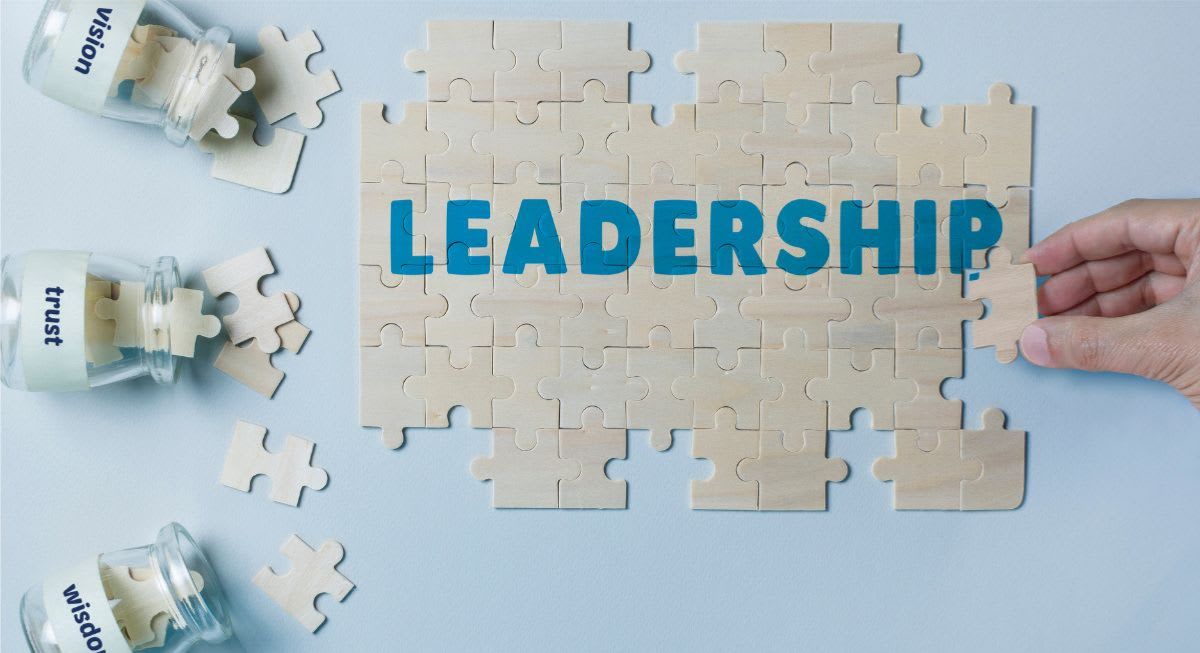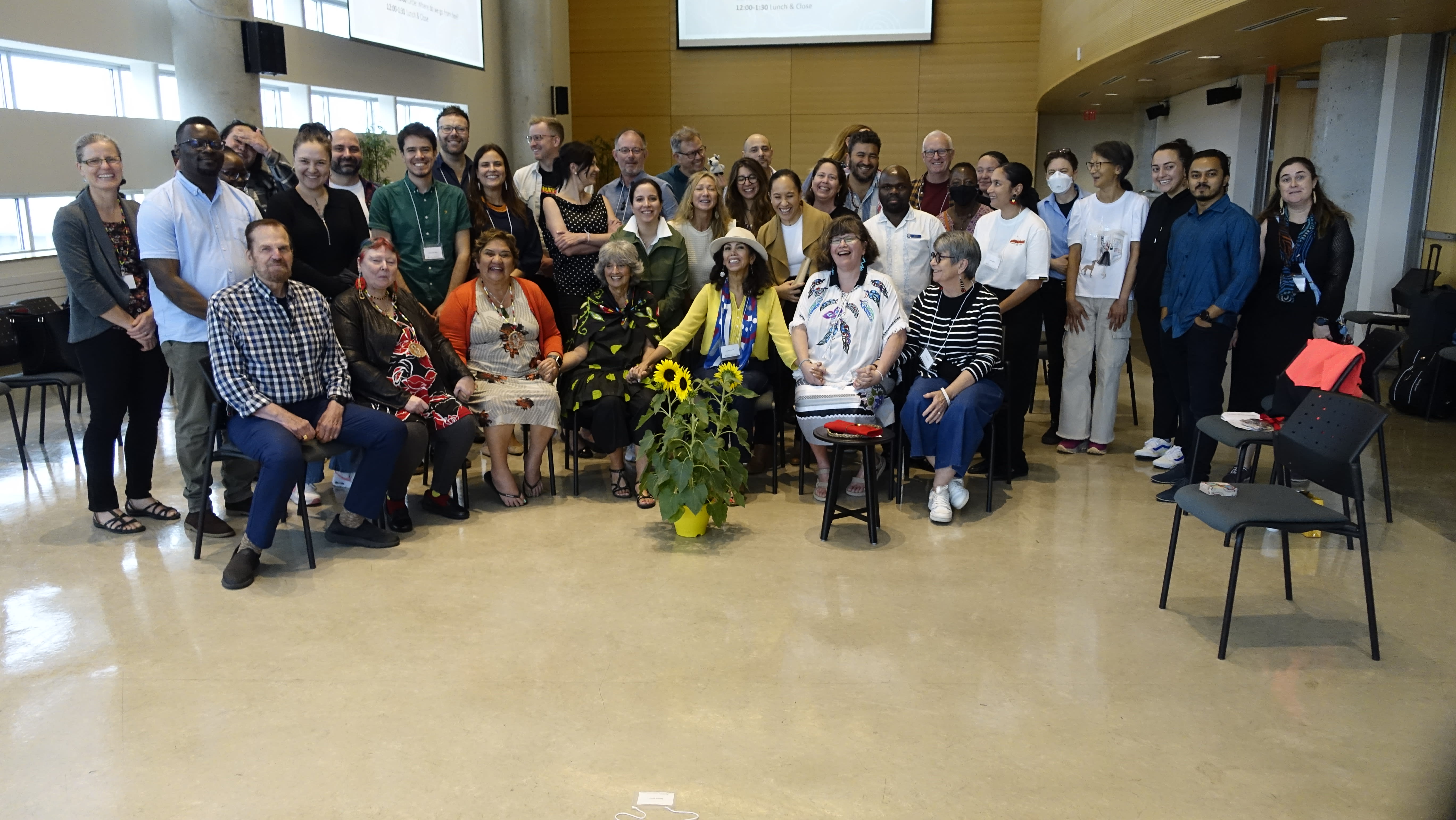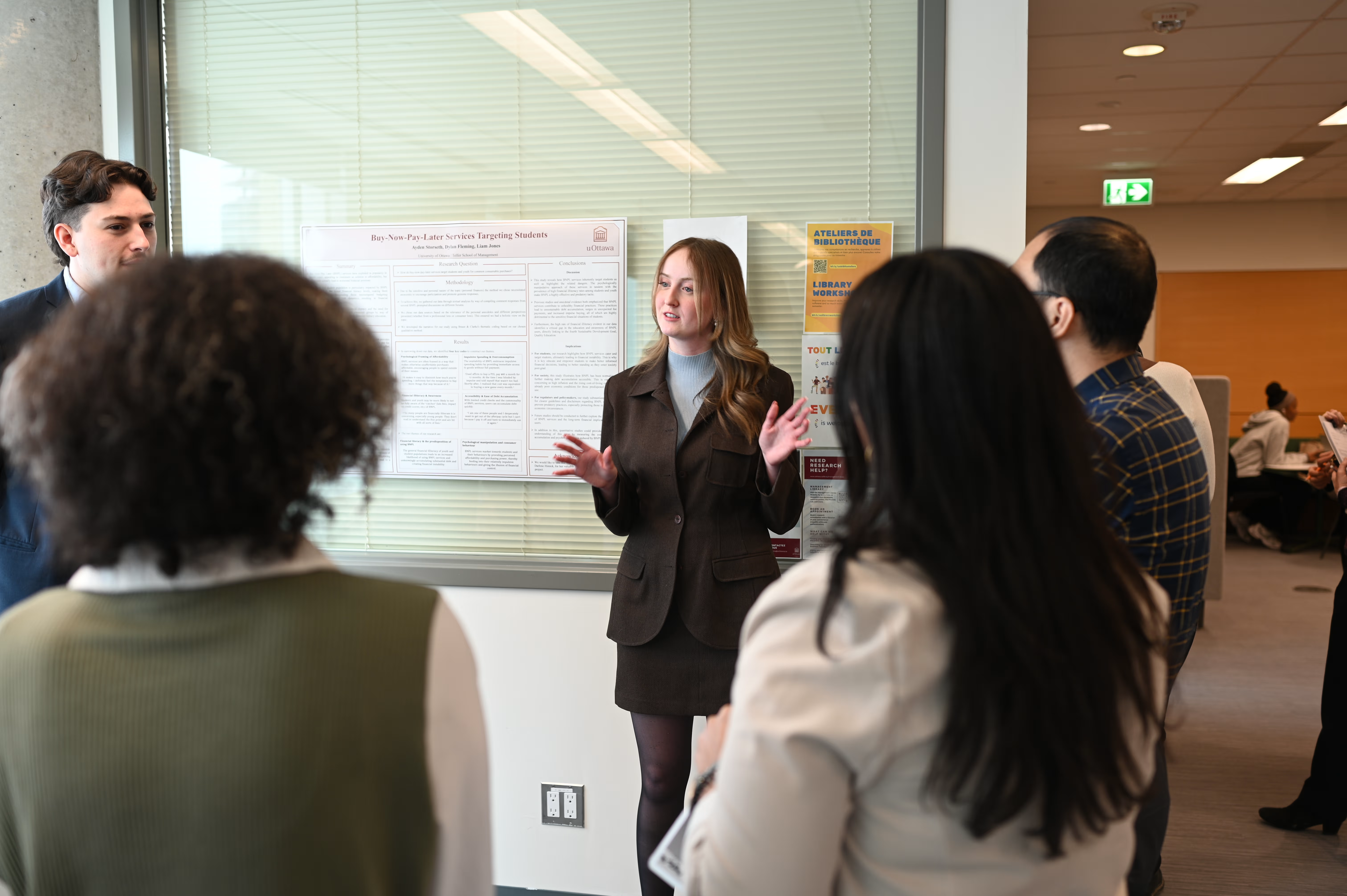The COVID-19 pandemic has pushed public and private organizations to step up and respond to several challenges, from the most local communities to globalized systems. Government officials, organizational leaders, and other multiple stakeholders are acting quickly to bring society back to a “new normal.” But more than simply addressing these issues, “they should reflect deeply and ethically on the tough lessons that will be learned throughout this process,” explains Suhaib Riaz, Associate Professor at the Telfer School of Management.
Challenges
In a virtual special issue that he prepared for the Journal of Business Ethics, Professor Riaz emphasizes the need for in-depth reflection. Organizations are currently addressing the immediate problems and the underlying societal challenges that will endure beyond the current crisis. However, it may not be that easy to heal the scars left by the pandemic in our globally connected socioeconomic, ecological, and production systems. Some of the key challenges facing leaders across sectors include:
Knowledge uncertainty: As we decide and act on how to return to the “old normal”, the situation can spiral out of control at any moment. There is a lot of uncertainty: what we know about the virus and a potential vaccine is constantly shifting, and how people may comply with imposed or voluntary norms cannot be fully predicted.
Displacement of place-based communities: The dynamics of the workplace have transformed dramatically due to physical distancing measures imposed on employers and employees. So too have the support systems of the “old normal,” such as neighbourhoods, schools, etc.
An increase in gender inequality: Women’s lives have been even more disrupted than before. The pandemic has forced them to face more professional and household responsibilities than their male counterparts do.
Social injustice: The crisis has widened existing social and economic gaps and further marginalized the most vulnerable groups of our society.
Advice for government and organizational leaders
Professor Riaz explains that leaders should not pursue economics without ethics. He stresses the importance of putting the health and well-being of our communities first, and then building our institutions around these two fundamental pillars. Here are a few more recommendations for strong and ethical leadership.
Government and organizational leaders should:
Build strong partnerships and involve multiple stakeholders as they address these challenges.
Invite the most vulnerable so they can contribute to the debate and share their experience. The current crisis exacerbates problems for some more than others.
Leverage their leadership to make decisions, but only after having a system in place to first check the ethics of those decisions.
“Leaders should start building national and global institutions for the long term so they can effectively address the full impact of the crisis and the underlying complex challenges it has exposed,” concludes Professor Riaz.
You can learn more by reading Professor Riaz’s commentary in this virtual special issue.

Suhaib Riaz is an Associate Professor at the University of Ottawa’s Telfer School of Management. His research focuses on “grand challenges” of current and future global significance, such as inequality, socioeconomic and political crises, and financialization. Learn more about his research.

